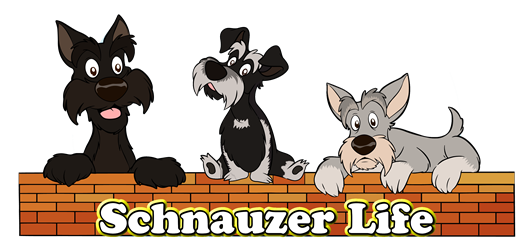Let's talk about the word "socialization," what it should mean with your dog, and what society thinks it means.
We see so many owners who have new puppies or even get an adolescent or adult dog and immediately think they should socialize the dog with every new person they see. They pass the puppy around to everyone and force stranger interactions on their dog. If they see their dog behaving poorly or nervous around new people, they immediately start taking their stressed dog out more and invite strangers to pet their dog in hopes this will help make their dog more "friendly".
Insert the beginnings of reactivity here.
The dog was forced into many situations that he/she was uncomfortable with. Repeatedly. The owners think this is what they were supposed to do, but instead, the dog trusts them less, and reactivity starts to build even more. This may start with the dog being worried and trying to get away from the forced interaction with the stranger, to start growling at strangers, to an eventual potential bite on a stranger all because the owner isn't advocating for their dog. This is the unfortunate fallout we see from forced "socialization" on a dog who is already insecure or fearful, and it happens all too often.
Socialization should be doing healthy exposure with the puppy/dog to new stimuli. It should be creating positive experiences with them through leading and guiding them. This could be floor textures, sights, sounds, smells, etc. The end goal is to work towards creating an environmentally stable dog. How is this done? Through calm leadership. Through guiding the dog when they get worried. Through sharing rules and boundaries. Through being your dog's advocate. One of the hardest for many people is through accountability.
Once your dog is in a balanced state of mind, healthy interactions can be considered and started slowly. But these should be extremely structured and supervised along with the owner heavily advocating for their dog if their dog should become uncomfortable. But the ultimate goal is for the dog to remain focused on the owner and trust them to guide them through what worries them instead of forcing them into uncomfortable scenarios.
https://schnauzerlife.com/m/videos/browse/album/Training-Your-Schnauzer/owner/boss_schnauzer
#defygravityk9rehabandtraining
#pupalongpack #stayandtrain #RehabandTrain #dgk9puppyprogram
P.S. some dogs are the incredibly "happy-go-lucky" type. We get that there are exceptions to this, but more often than not, we work with the insecure dogs with fear reactivity.
- Courtesy of Defy Gravity K9 Rehab & Training



